Prompt 6: Don't Stagnate - Create!
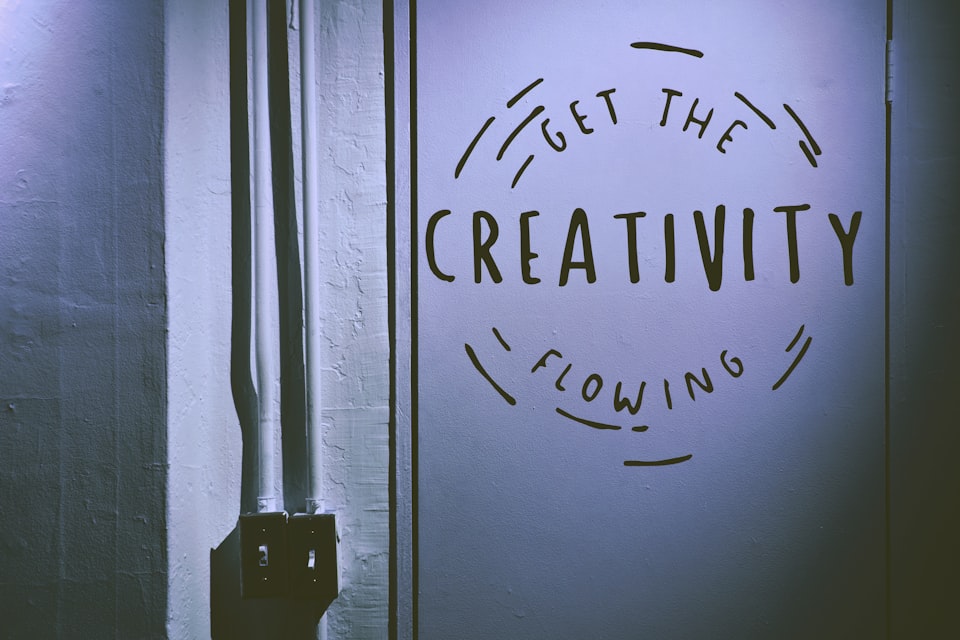
Are you a Creative Person?
"Do you see yourself as a creative person?"
This is a question I often ask when I'm getting to know someone for the first time.
How people answer is fascinating and can lead to some great conversations.
I find that most people can answer this question very quickly.
About half see themselves as creative, and the other half say they're not.
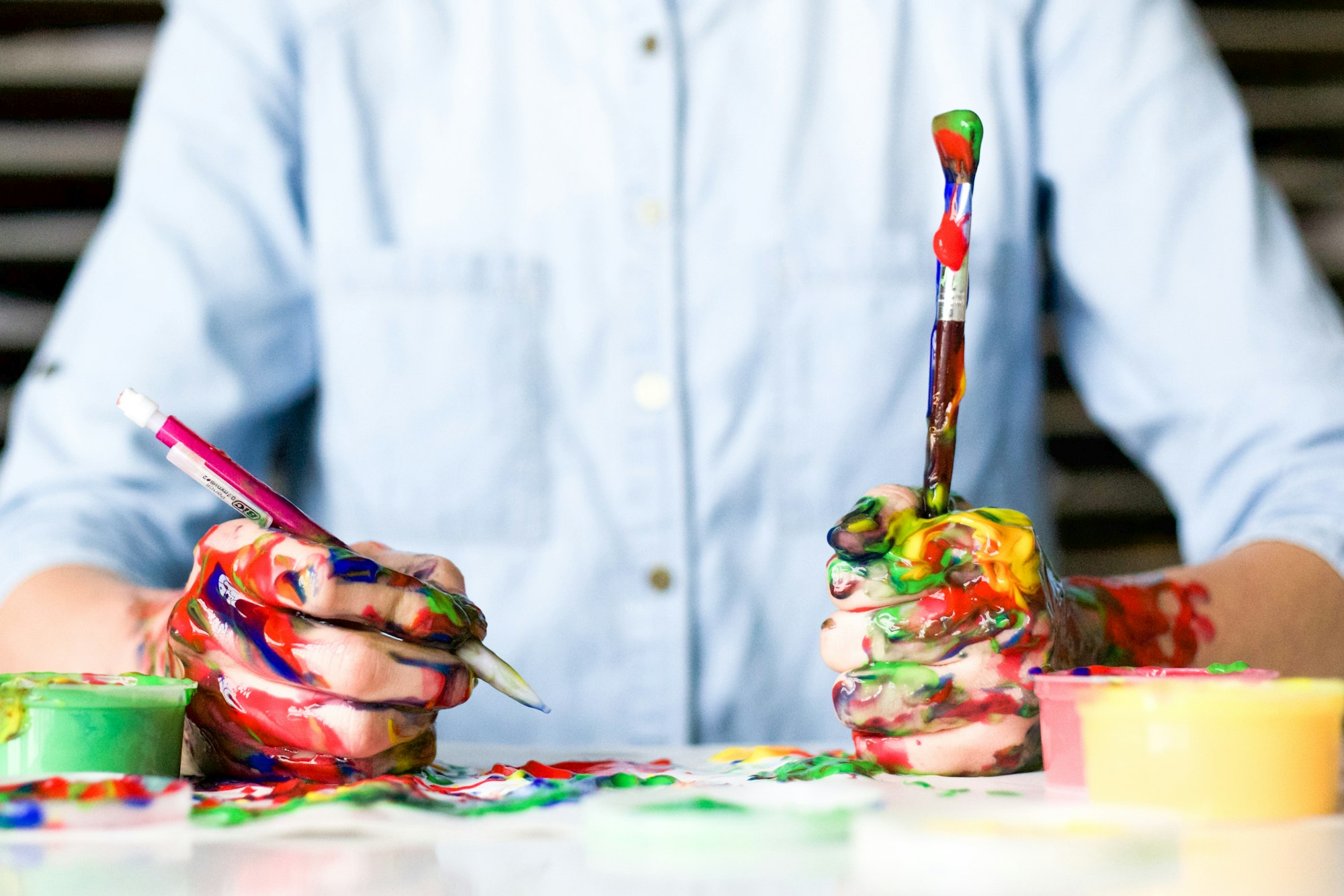
When someone answers that they ARE creative, I like to follow up with a question about how they express that creativity. The conversations that follow often reveal people's hobbies, passions and interests - always a good thing to know to keep a conversation going.
But I like to dig deeper when someone answers that they are NOT creative.
- Why do they think they're not creative?
- Were they creative as a kid?
- Are they creative in some non-traditional ways that perhaps are not broadly seen as creative?
In most cases, when talking to a 'non-creative' person, I find that they mean that they're not very good at creative pursuits like art, craft, singing, photography, drama etc.
Their answer is more about having skills than being creative and that, at least in some areas of their life, they are very creative.

For example, a few years ago, while sitting around a campfire at a school camp I was volunteering at, I chatted to one person who claimed to 'not be creative'.
I could hardly believe what they were saying because I'd seen them captivate a group of 12-year-olds while they told stories earlier that night.
12-year-0lds do not give their attention to just anyone, but this person had them laughing, gasping and roaring with delight - only to beg my new friend to tell another story.
They may not be a painter or a musician, but they were creative as a storyteller!
There are many ways to be creative that extend beyond 'the arts'.
You could express your creativity by building a beautiful garden, cooking a wonderful meal, solving a problem in the workplace, thinking outside the box in your parenting or friendships or responding to a need in your community.
As you'd expect, I've known creative artists, chefs, architects, and landscape designers.
But equally, I've known creative teachers, doctors, coders, farmers and even creative accountants!
We see it as we look back to the visual storytelling and art on cave walls and how we've always used verbal storytelling to communicate and teach our children.
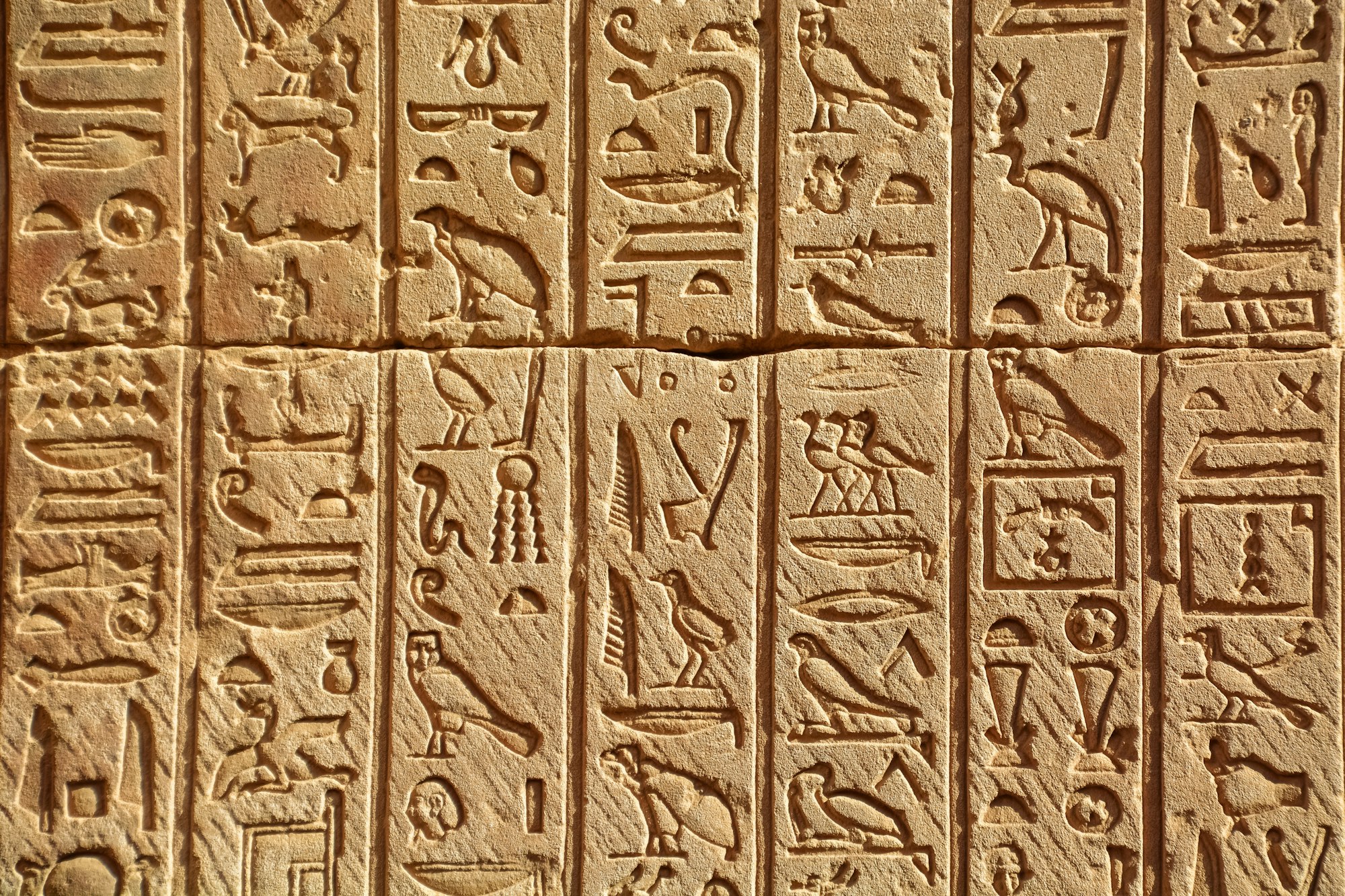
But beyond that, our creativity is one of the reasons we've managed to survive as a species.
Our ability to think and act creatively has enabled us to evolve and grow - solving problems, developing technology, and growing our understanding.
A lot has been written about this innate, inbuilt creativity that we seem to have.
One study showed that when we have 'creative insight', it triggers:
The study found that those who experience this are more likely to continue to engage in further creativity.
Why do so many people feel they're not creative?
If we're wired for creativity, why don't so many people see themselves as creative?
I'd love to hear your perspective on this over in our Facebook group because I'm not sure I have 'the answer' to this.
Perhaps, as I mentioned above, we confuse ability or skills in creative pursuits with 'creativity'.
Perhaps it is that we see 'creativity' as being just expressed in the creative arts - and not in other areas of our lives.
Perhaps we've become so busy that we don't have as much time for purely creative pursuits.
Perhaps it is because our spare time is used staring into little screens - consuming content - that we have little time to create anything of our own.
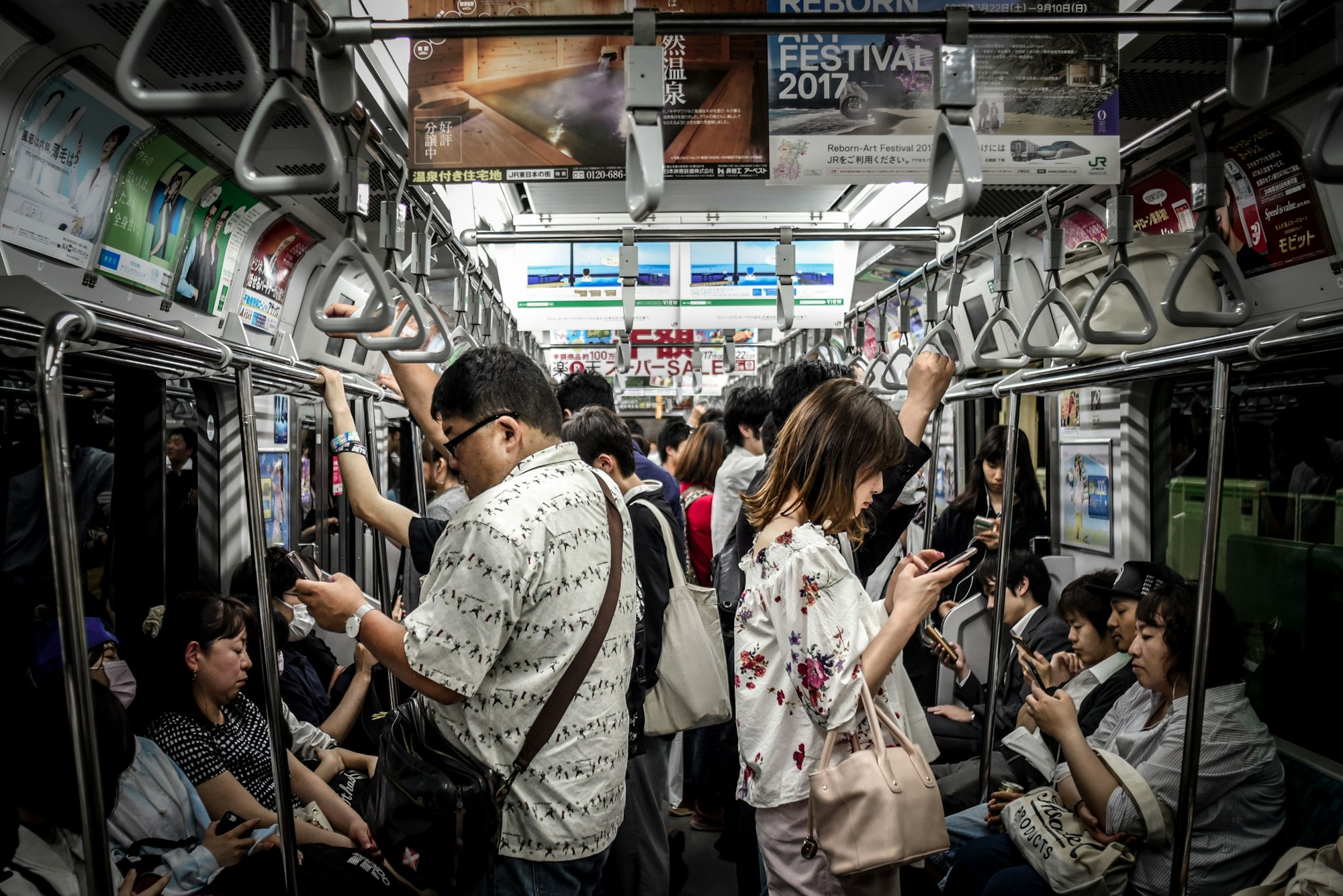
Perhaps it is because there are so many options to 'buy' a pre-packaged version of it when we need something that we don't need to 'craft' or 'make' it anymore.
Perhaps because we live in a time where people broadcast so much of what they do, we feel we could never be good enough in creative pursuits to share them - so we don't try.
Perhaps we assign 'creativity' to something others possess: our children, artisans, and people specialising in a particular craft.
Perhaps it's a lack of confidence or because we've been made fun of for our previous attempts at creativity.
Perhaps it is because we've lost the ability to do creative activities to be creative.
Or perhaps we've just gotten out of the habit of creating.
Either way - I wonder if it might be time that we started making more time in our lives to rediscover our creative sides!
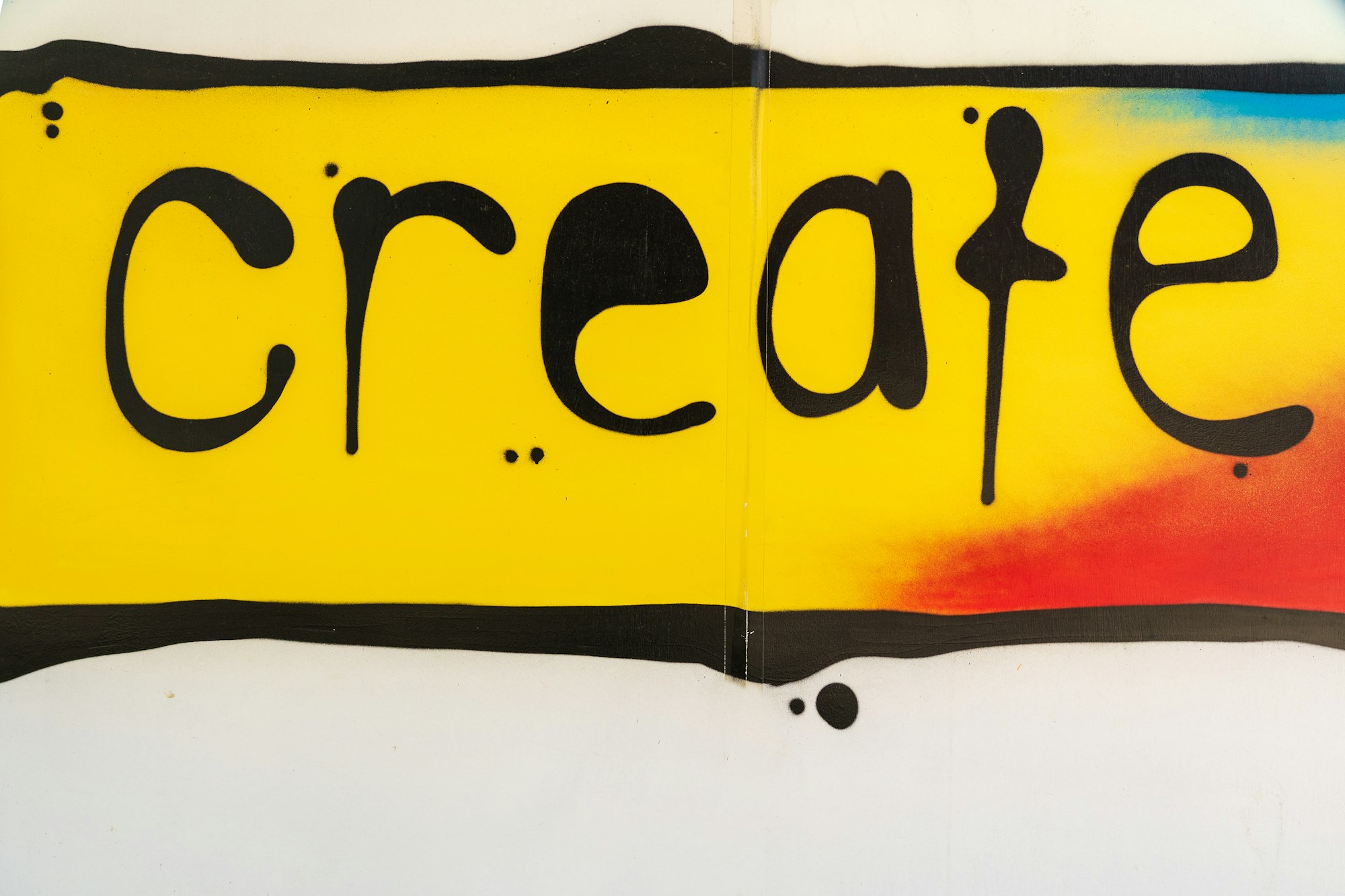
Particularly as there seem to be so many benefits, including:
- improving mental health
- helping with memory
- combatting dementia
- improving cognition,
- slowing brain aging
- boosting immune system
- helping with pain management
- boosting mood
- reducing fatigue
- reduce stress
- Kurt Vonnegut
5 Ways Creative Activity Has Helped Me
I'm no scientist, but I know from my own experiences that when I intentionally build creative activities into my routine, I benefit in many ways.
Here are a few of my observations.
1. Creative activity allows me to 'switch off.'
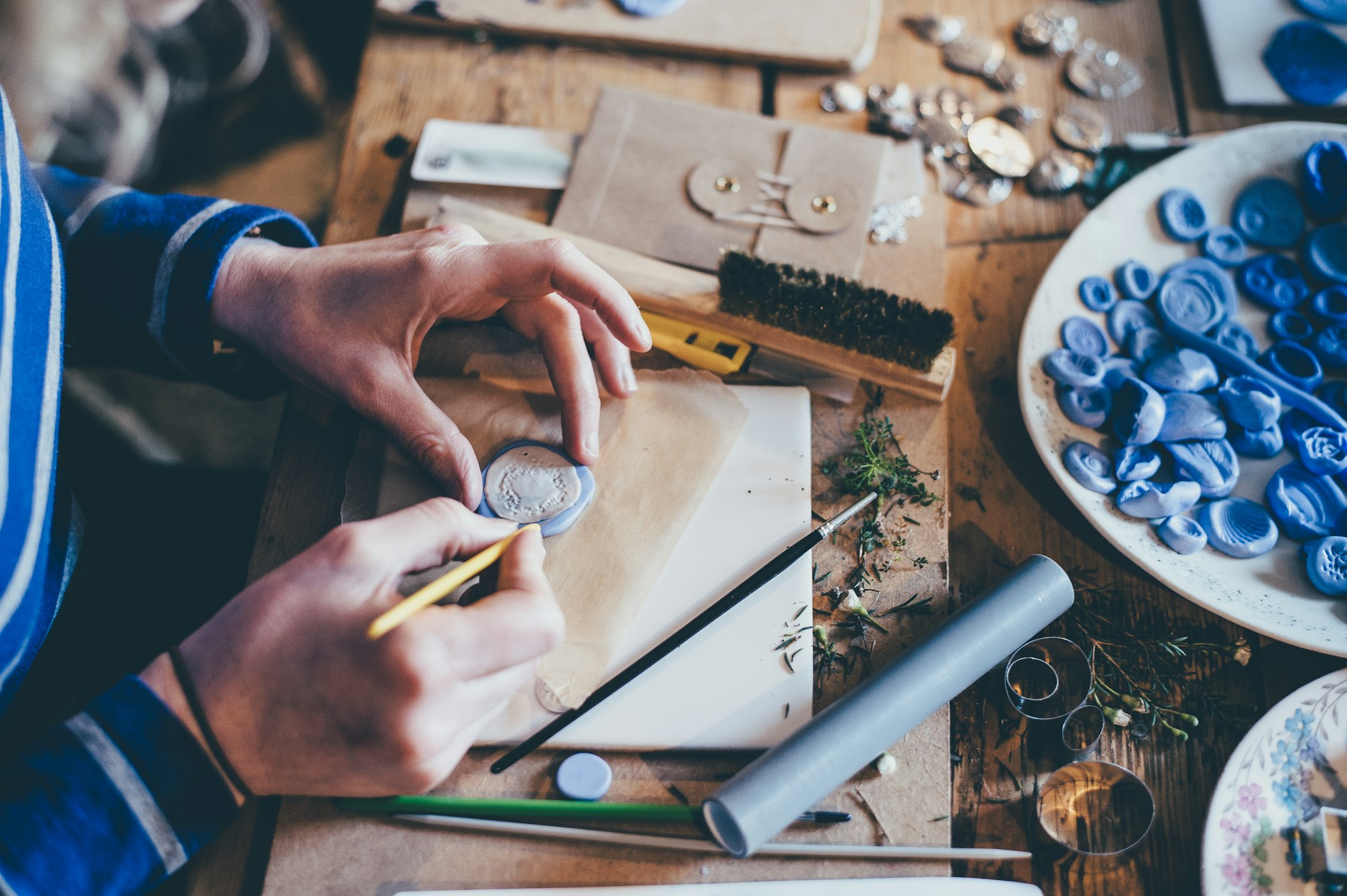
Often when I get into 'creating mode', I feel like I can focus on an activity to such a degree that all the other parts of my brain shut off.
Simultaneously my brain seems to fire up so much on the creative activity that everything else shuts down (or at least I'm not conscious of what else it is doing).
An excellent example of this was on a morning recently when I sat down to write the prompt on curiosity.
That morning I woke up feeling a bit stressed and anxious about a little problem I faced, and I was feeling anything but creative.
But I knew that I'd committed to posting a prompt here each week and I had the topic of curiosity already identified.
I sat down with a coffee, turned off my phone and began to write.
It didn't happen straight away, but sometime in the next hour of trying to write something, my brain kicked into gear and ideas and words began to flow.
Before I knew it, it was 3.45 pm, and one of my sons was knocking on the front door, having just come home from school.
I had written over 5,000 words. I had written not only the bulk of the prompt for that week about curiosity but also most of the following week's post about procrastination.
I had not moved from my desk for 6 hours. I'd not eaten, not visited the bathroom, not checked my email, not spoken to a soul.
I'd also not been worried or stressed about what had loomed so large in my mind that morning.
Strangely, I felt I knew what to do about that problem. It was like stopping thinking about the problem allowed my brain to find the solution to it.
This isn't the first time this has happened.
I've experienced the same phenomenon in my photography and when doing public speaking (and preparing talks for speaking).
I have friends who experience similar things when they're in the garden, doing crafts, cooking, or even working.
Psychologist Mihaly Csikszentmihalyi named these experiences 'flow'. Defining it as:
I'm not sure I completely understand why it happens - but my gut tells me it's a good thing to experience - and worth building into my life.
2. Creative activity gives me something positive to do

There are times in our lives when things go wrong, no matter how hard we try. There are times also where we feel a kind of 'stagnation' - where everything feels like it gets bogged down and momentum is lost.
There is only so much that we can control, and at times external forces are at play, and life can feel like it is moving on a negative trajectory (if it's moving at all).
Creative pursuits - even small ones - can allow us to do something constructive and create positive movements.
This is a lesson many of us learned over the past few years.
The external force (a pandemic) changed the trajectory of many of our lives. What I found fascinating is there were rises in the popularity of many creative pursuits during this time.
Everyone in my circles was baking sourdough bread, brewing beer, starting podcasts, writing novels, doing house renovations, starting vegetable patches or learning how to do embroidery.
It was learning how to photograph keyboards (as I shared a few weeks ago).
In a world where so many of us felt we had little control and so many of us felt 'bogged down' - having these creative pursuits gave us something constructive to do and created positive movement in our lives.
3. Creative pursuits boost my confidence
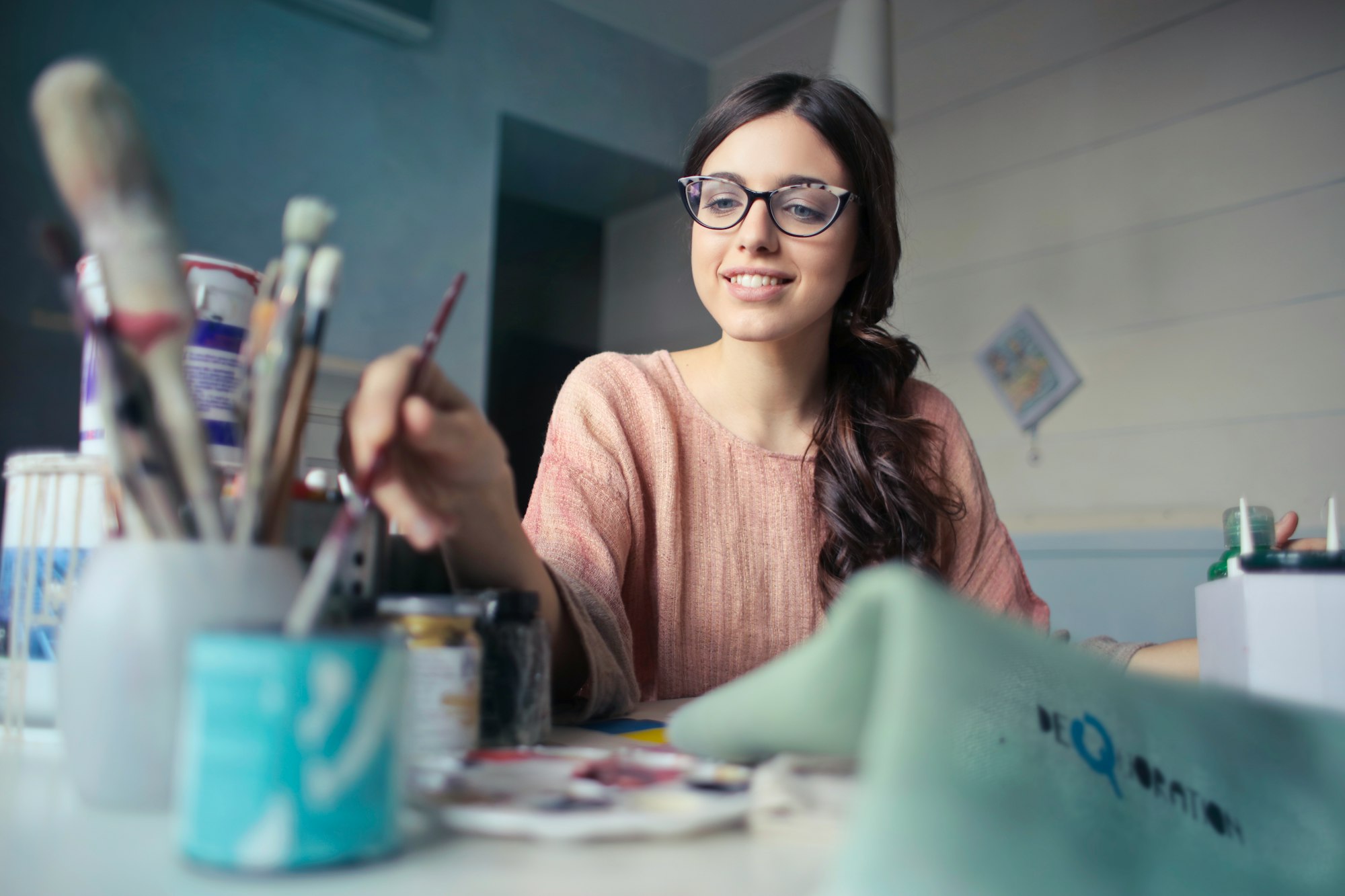
I am a shy and, at times, unconfident person. I remember, as a child always being the last in a group to try something new and would never volunteer to be 'up front' if there was a presentation at school.
This lasted for many years until, as a teenager, I participated in a workshop at my church to learn how to preach.
I have no idea how I said yes to that - perhaps there was a girl I liked who was also doing it - but I ended up there and was told that part of it would be to prepare and give a 5-minute talk at the end of the workshop.
I remember walking to the front of the room to give the little talk I'd created and feeling petrified - but something happened during the following 5 minutes that changed my life.
I discovered that speaking in front of others was something I could not only do - but something that I loved.
The boost in confidence that doing that little creative activity gave me propelled me into all kinds of things relating to public speaking and other areas.
Small creative achievements like finishing knitting that scarf, publishing that first episode of your podcast, harvesting the first tomato from your vegetable patch, writing that first song or baking that batch of brownies to give to your neighbours gives you a sense of achievement that not only brings satisfaction but may also boost your confidence to continue or even build upon your current pursuits.
4. Creative pursuits can be a positive social experience
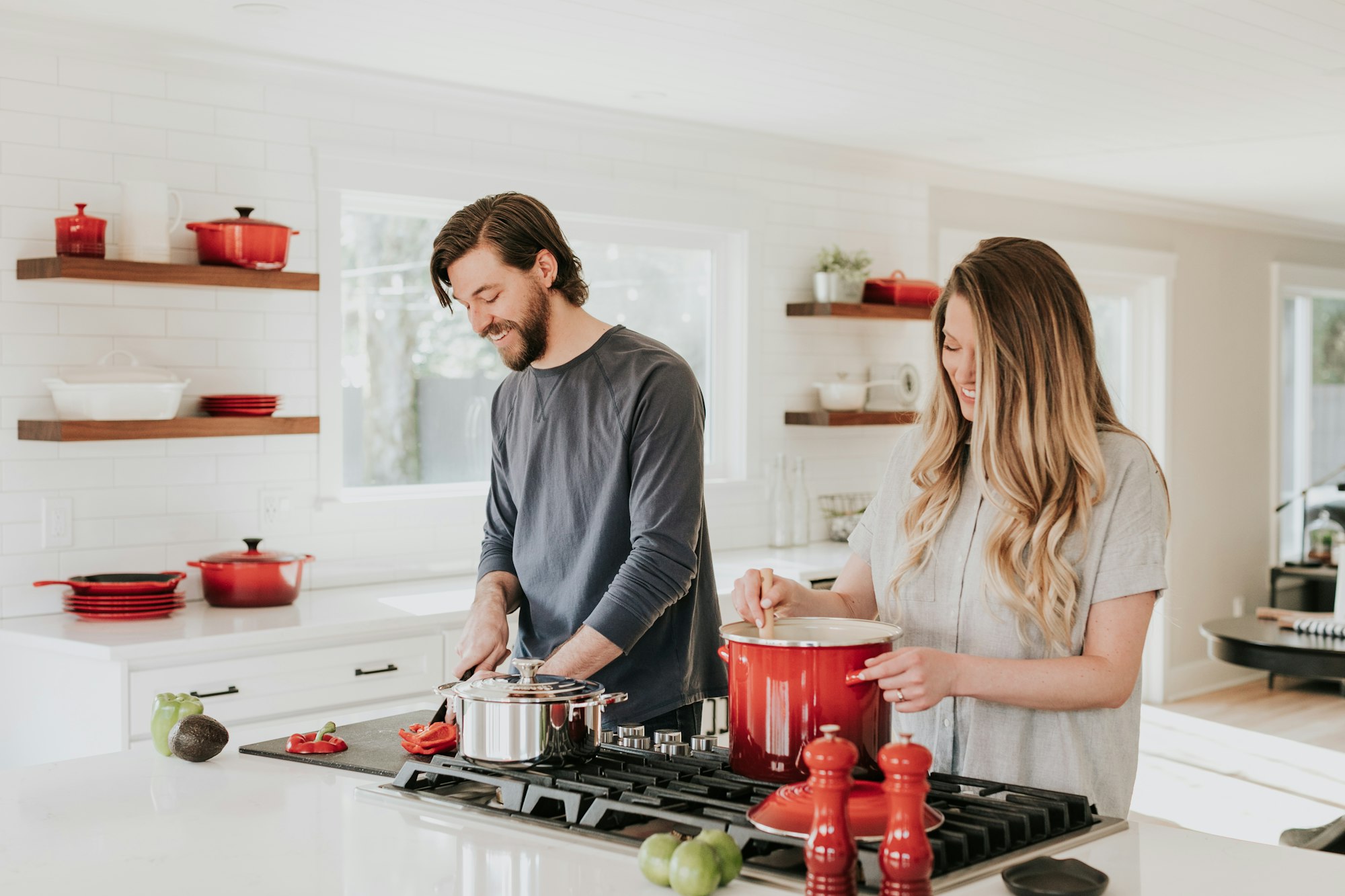
One of the side benefits of exercising creativity is that it can often create opportunities for positive social experiences.
Creativity is often best when you share the experience of creating WITH someone else or being creative FOR someone else.
This is why so many online groups for different creative pursuits have thrived during the pandemic (there are even some for keyboard photographers that I may or may not have joined).
I've discovered this lesson in the past few months, having volunteered at our local football club to be the photographer for my son's football team.
The creative activity of taking photos every Sunday morning has benefited me - but I think the fact that it puts me into social interaction with the players and their families each week makes it all the richer.
Not only that, but I feel like I'm also contributing with my creativity. The feedback from parents is that kids are getting a lot of joy from seeing their photos each week. One parent even told me this week that the images helped their son connect with a grandparent, which was beneficial to them both.
5. Creative pursuits can give avenues for self-expression and even healing

Art therapy is something that experts have found helpful for those who have PTSD and other conditions.
I found this article on Art Therapy interesting. Here's an excerpt.
That is why people with PTSD are triggered by sights, smells, colours or sounds that remind them of the trauma that occurred.
In their case, talking about the event won’t always bring up the trauma. So because of that, talking about things won’t help them heal,” says Shella.
While perhaps we don't all experience PTSD, I suspect we all have had times when we've been unable to describe how we feel. Possibly engaging in some creative activities during these times might be beneficial.
When I was in my early 20's, I went through a particularly rough patch. In hindsight, I suspect it was depression that I was struggling with after a couple of traumatic experiences, including the death of someone in my circles.
I didn't understand what was happening inside me at that time, but as I look back, I observe that one of the things that helped me find peace and healing was my photography.
I recently found some of the photos I was taking at this time and can see a progression from very dark, moody images (including a number I took in a cemetery) to lighter, colourful photos.
At the time, I didn't journal or put a lot of words to the experiences I was having - but the images I took were a way I was working through my trauma.
Prompt: Put aside some time this week to be creative
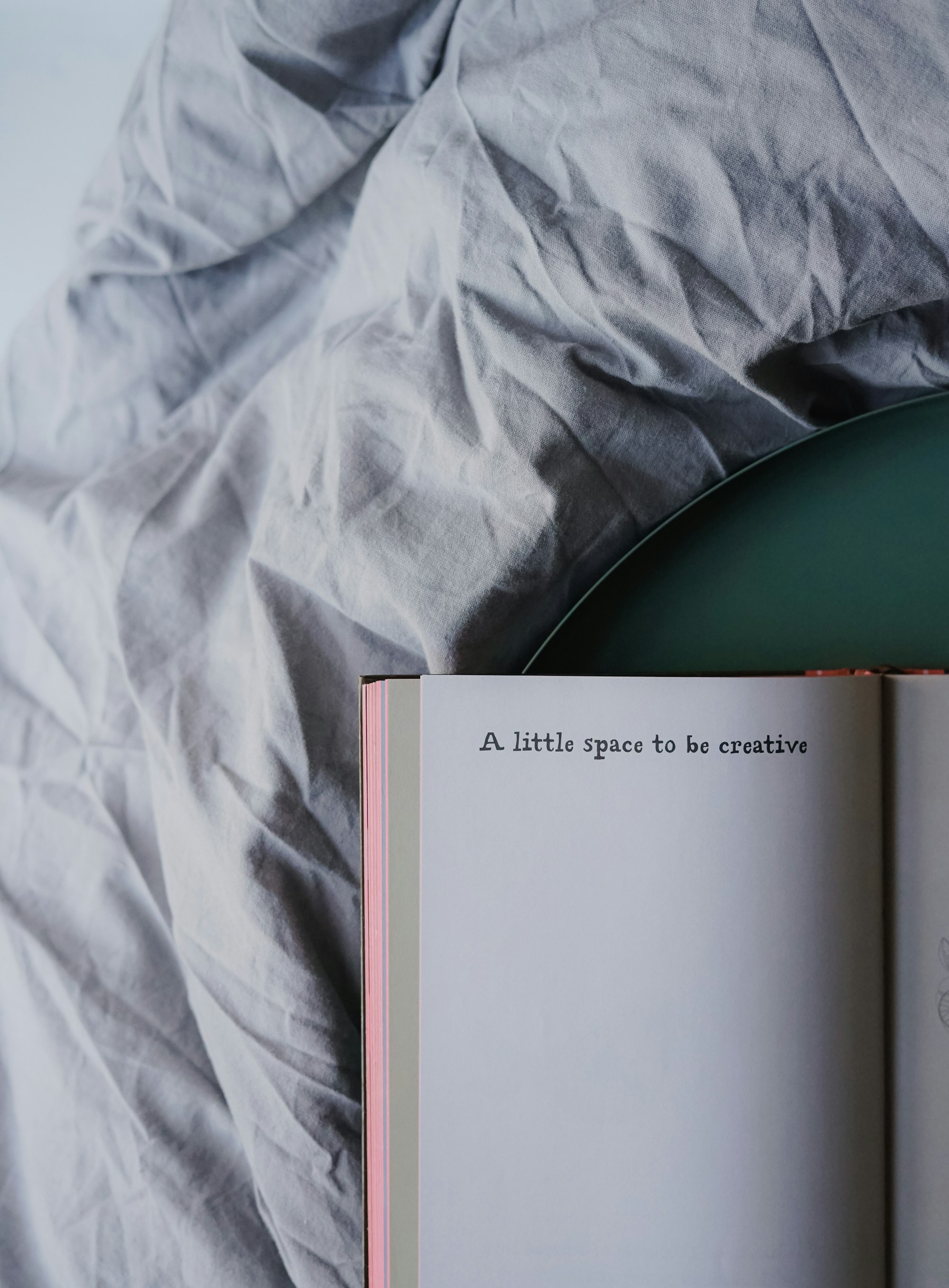
What you choose to do doesn't matter - what matters is being intentional about building creativity into your week.
Creativity can be cultivated. It's a habit we can build, and all habits start with a decision to do something - even if it is small.
Perhaps the thing you choose to do is a hobby or interest that you already have or maybe one you've abandoned in the past.
Perhaps it will be something you've always wanted to do - or something you've been procrastinating.
Maybe it'll be something you've never tried (or thought to try) before.
Perhaps it'll belong to a traditional art form like painting, craft, playing music or writing - or maybe something entirely out of the box.
Perhaps it'll be something you do with a friend or a group - or maybe a chance to do something quietly by yourself.
It need not be complex or require you to go and buy a lot of expensive supplies.
Try to keep it simple. Keep it enjoyable.
Create something for you - not an audience.
Create something even if it's not perfect.
Create something just for the sake of creating it.
In a Creative Rut?

Sometimes creating is hard.
The ideas may not be flowing. Perfectionism or fear may be getting in the way. Or maybe you're in a fragile place, and creating doesn't even feel possible right now.
If you're stuck with creativity - here are a few thoughts.
Immerse yourself in the creativity of others
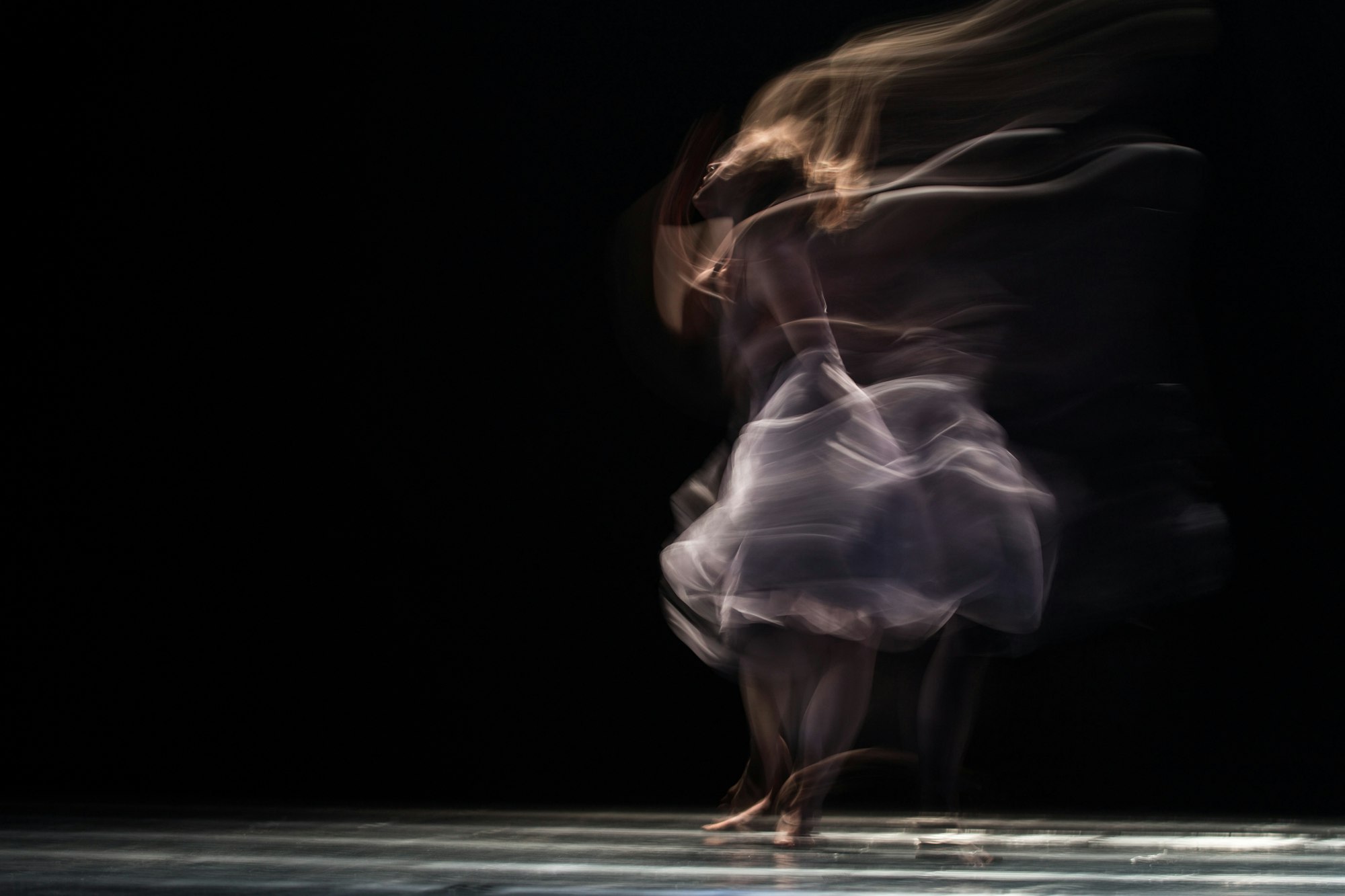
Sometimes the creativity of others is the thing that we need to carry us through.
Sometimes when I find myself in the deepest of creative ruts that the best thing I can do is put aside my creative tools and soak in the creativity of others but doing something like:
- listening to music
- visiting a gallery
- watching an inspiring TED Talk
- heading to the movies
- walking in a botanical garden
- heading to my favourite restaurant
- looking at the work of my favourite photographers
- reading a novel
Sometimes it is in experiencing the creativity of others that sparks fly.
Creativity is the goal - not perfection
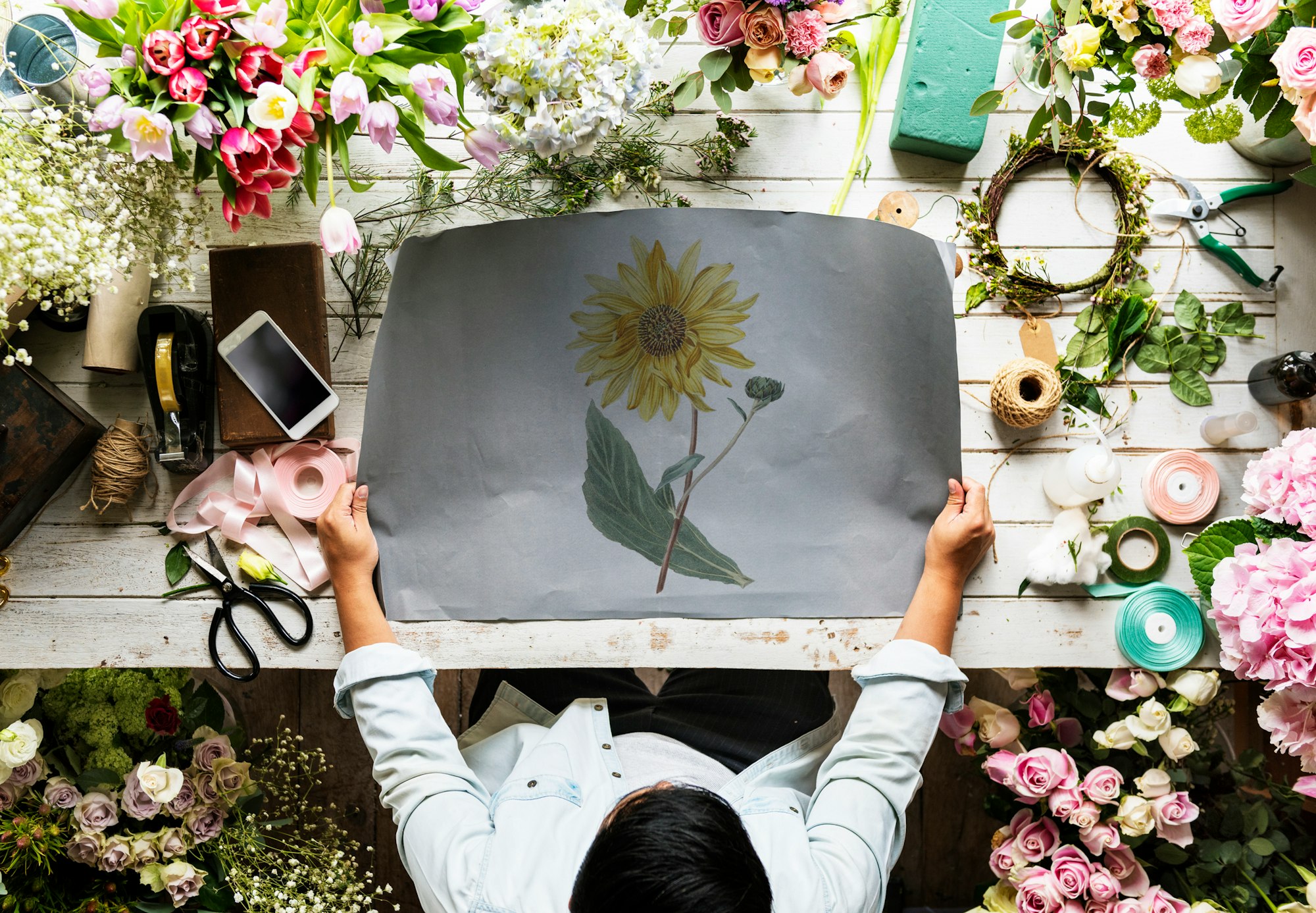
The goal this week isn't a masterpiece.
Henri Matisse says, "creativity takes courage".
Brene Brown teaches that "vulnerability is the birthplace of creativity".
I know it's frightening and confronting for those with perfectionist tendencies, but it's okay if our creating this week gets messy.
- Mary Lou Cook
Be Intentional
I'm glad this year of prompts started with a prompt about intentionality because I'm increasingly seeing it as the key to every prompt that has come since.
There may be times when creativity creeps up on us spontaneously, but in my experience, it usually happens when we intentionally create time and space to be creative.
The experience of getting into the flow of writing I shared earlier only happened because I eliminated distractions and sat down to write.
As Henri Matisse said:
Similarly, artist Bruce Garrabrandt said:
Try something new
There are so many potential things that you could try this week. Here are a few ideas I brainstormed that last night.
I'm sure collectively, we could add a lot more to it!
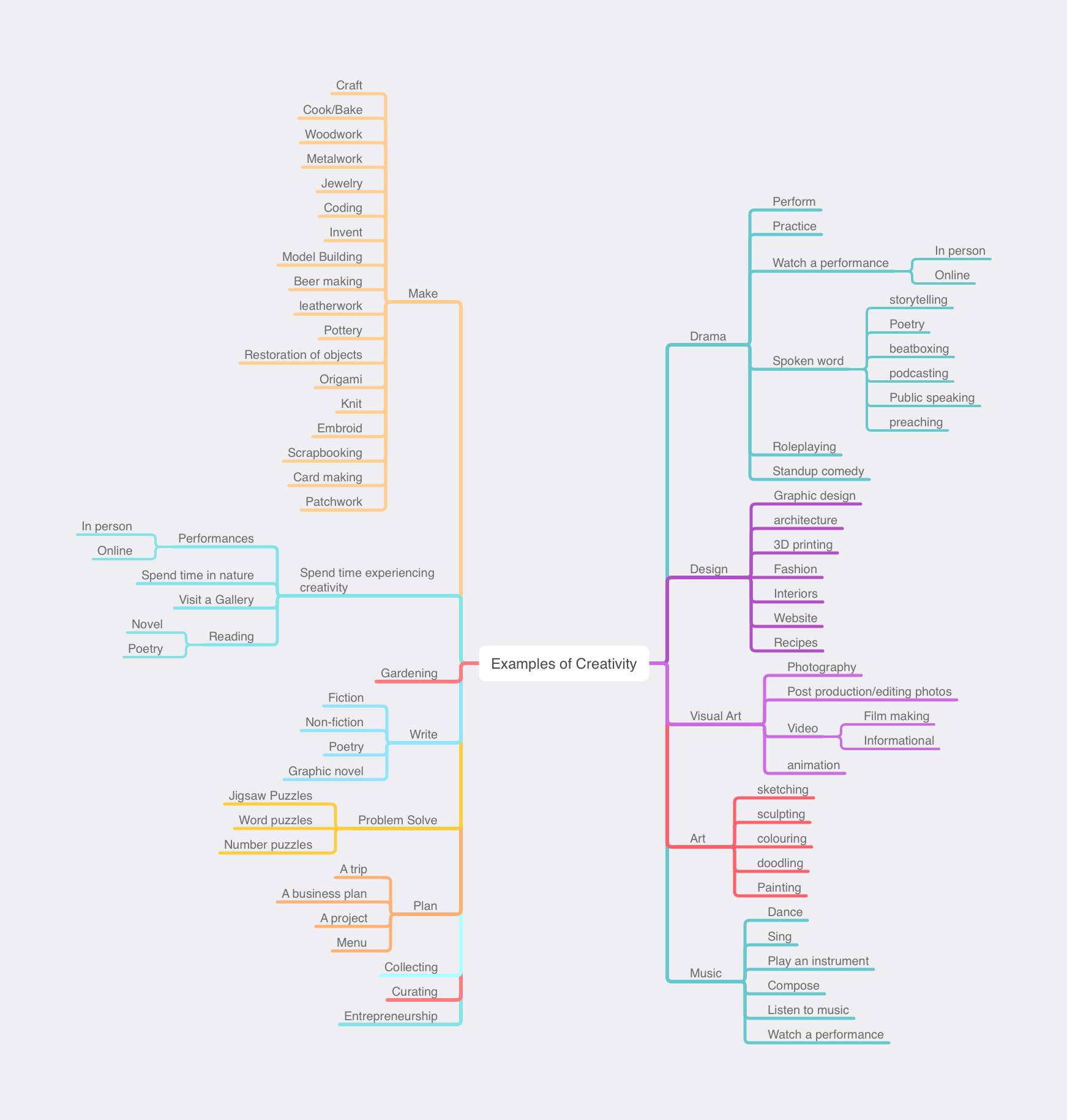
If you're still out of ideas - drop by the Facebook group, and we can help you brainstorm.
If you feel like sharing what you're up to - we'd love to hear about it!
I hope this week is where you find some enjoyment, fun, freedom and movement as you create!
- Elizabeth Gilbert
PS: A Thank You
It’s the day after I published this post, and I am very grateful to you all for supporting me in this project.
6 weeks ago, many of you affirmed and encouraged me to go ahead with writing these weekly prompts, and in doing so, you played a part in getting me moving again. This project has helped me immensely and is perhaps the very essence of the ‘5 C’s’ of finding your spark that I wrote about as keys to finding your spark a few years ago.
For those new to the idea - I wrote about how five things were important to me in finding my spark in previous times that I’d found myself ‘stuck’.
- Curiosity
- Creativity
- Connection
- Contemplation
- Contribution
When I started doing these weekly prompts, I thought it would be a good way to get the ‘creativity’ part going again by writing more.
I was right - it has helped with that - but it’s also helped me to engage in the other areas.
- Curiosity - I’ve been reading and learning a lot in researching my prompts!
- Connection - Your comments, feedback and ideas in our group and via messages have been wonderful
- Contemplation - Each week, I’ve been pondering the topics a lot.
- Contribution - I’ve had some lovely messages about how the prompts are helping others. This means a lot to me.
I know we’re just six weeks in, and there are 46 to go (I feel daunted by that), but I wanted to celebrate the little wins I’ve seen and thank you all for being a part of it.
First time reading? Sign up for our weekly prompts below.

Member discussion